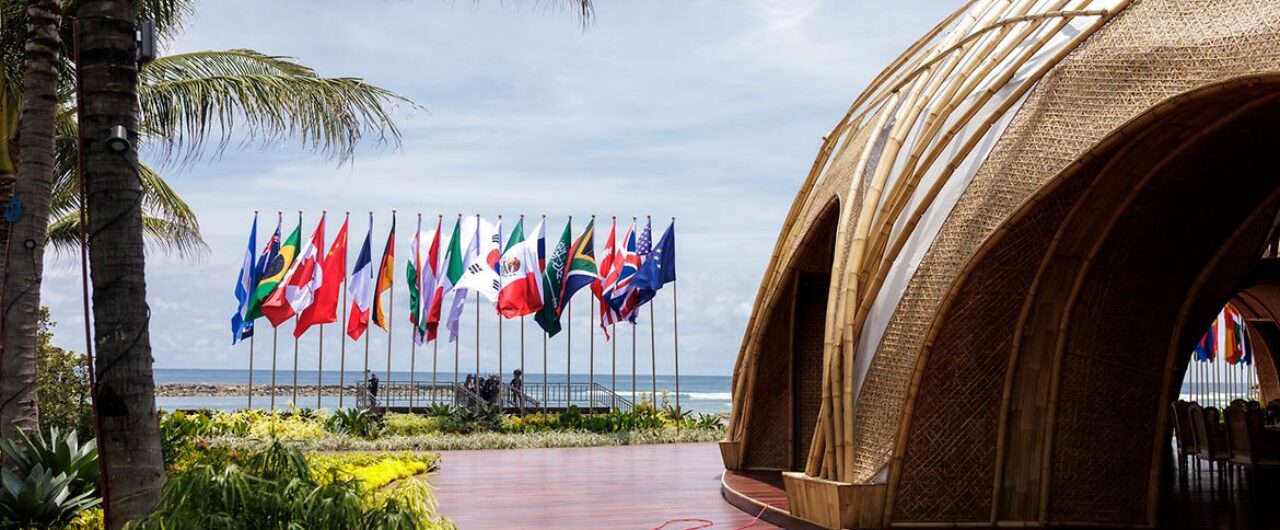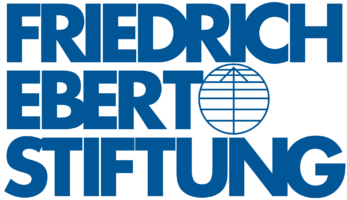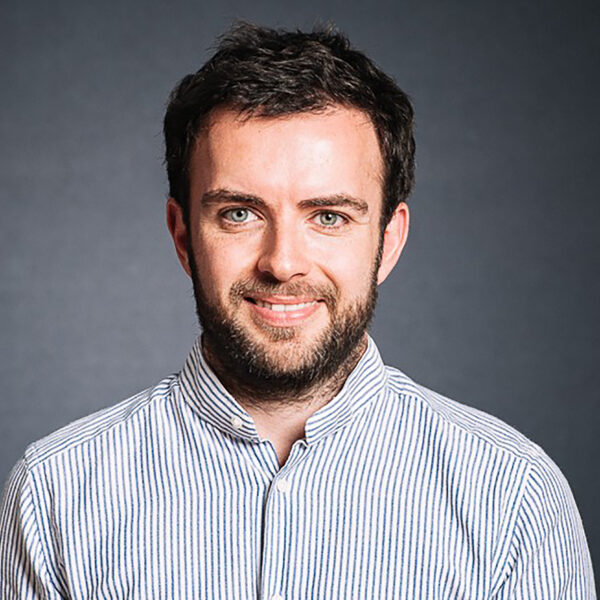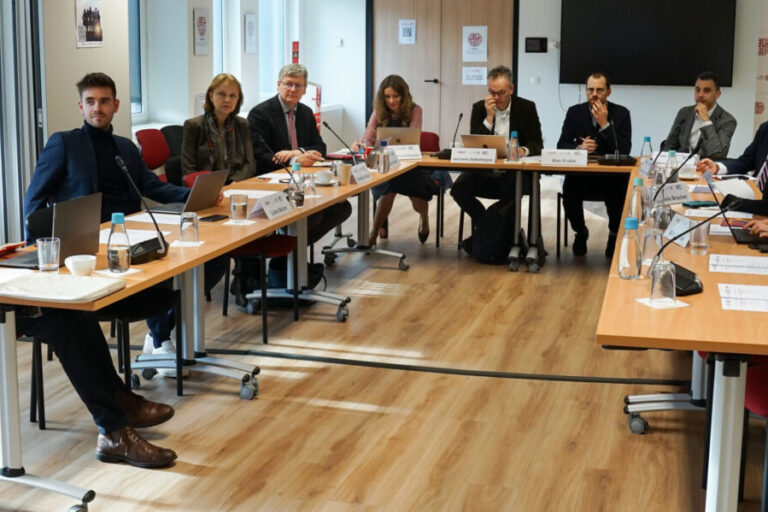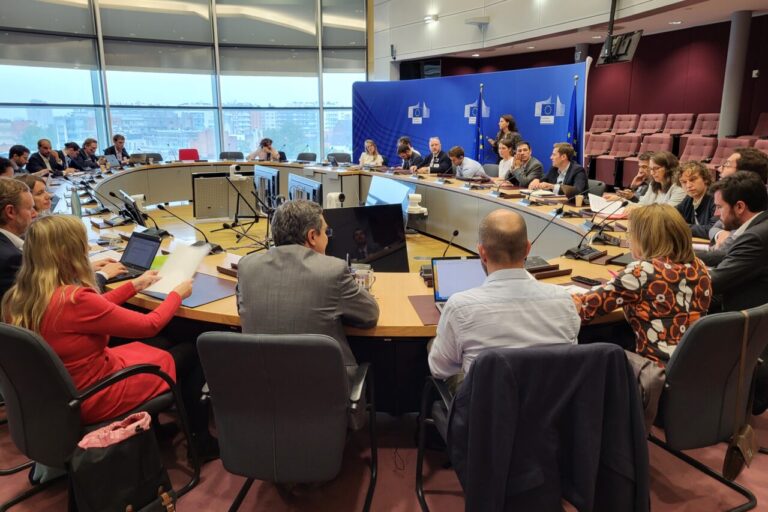The Progressive Economics Network aims to find progressive solutions for the present concurrent crisis – its second meeting took place just before the G20 Meetings in Bali as a digital roundtable. Initiated by Das Progressive Zentrum (DPZ), together with the Foundation for European Progressive Studies (FEPS) and the Friedrich Ebert Foundation (FES), the Progressive Economics Network provides a space for discussion among government advisors and economists.
The second virtual meeting for the Progressive Economics Network focused on energy and preparing for an energy crunch in the winter of 2023. The network is designed to provide a space for economic advisors and policymakers to discuss strategies, share best practices, and develop a progressive economic policy strategy.
On November 10th, prior to the G20-Meeting in Bali, 30 advisors and experts participated in the exclusive discussion. Laura Cozzi (IEA’s Chief Energy Modeller) led off the very stimulating discussion, which was then followed by interventions from Germany (Ole Funke, German Chancellery), France (Stanislas Pommeret, Alternative Energies and Atomic Energy Commission), as well as Brussels (Members of the Cabinet of EU Vice-President Timmermans and Commissioner Gentiloni). Carys Roberts (IPPR) moderated the event.
Key Takeaways
- We are experiencing is the first global energy crisis, but a bigger energy challenge is likely going to emerge in winter 2023
- A scale up of green investment can help fill the energy supply gap in 2023
- Households need to be supported, but more can be done to encourage behaviour change
- Also in the medium-term, there remains a huge clean energy investment shortfall
- A new European institutional architecture is required, yet solutions are highly complex
- Green supply chains are being boosted, but aside from solar energy, there remains a gap to meet climate targets
Synopsis
Das Progressive Zentrum provided a synopsis which elaborates on the main takeaways from the discussion and outlines the broader macroeconomic context. You can learn more about it here.

